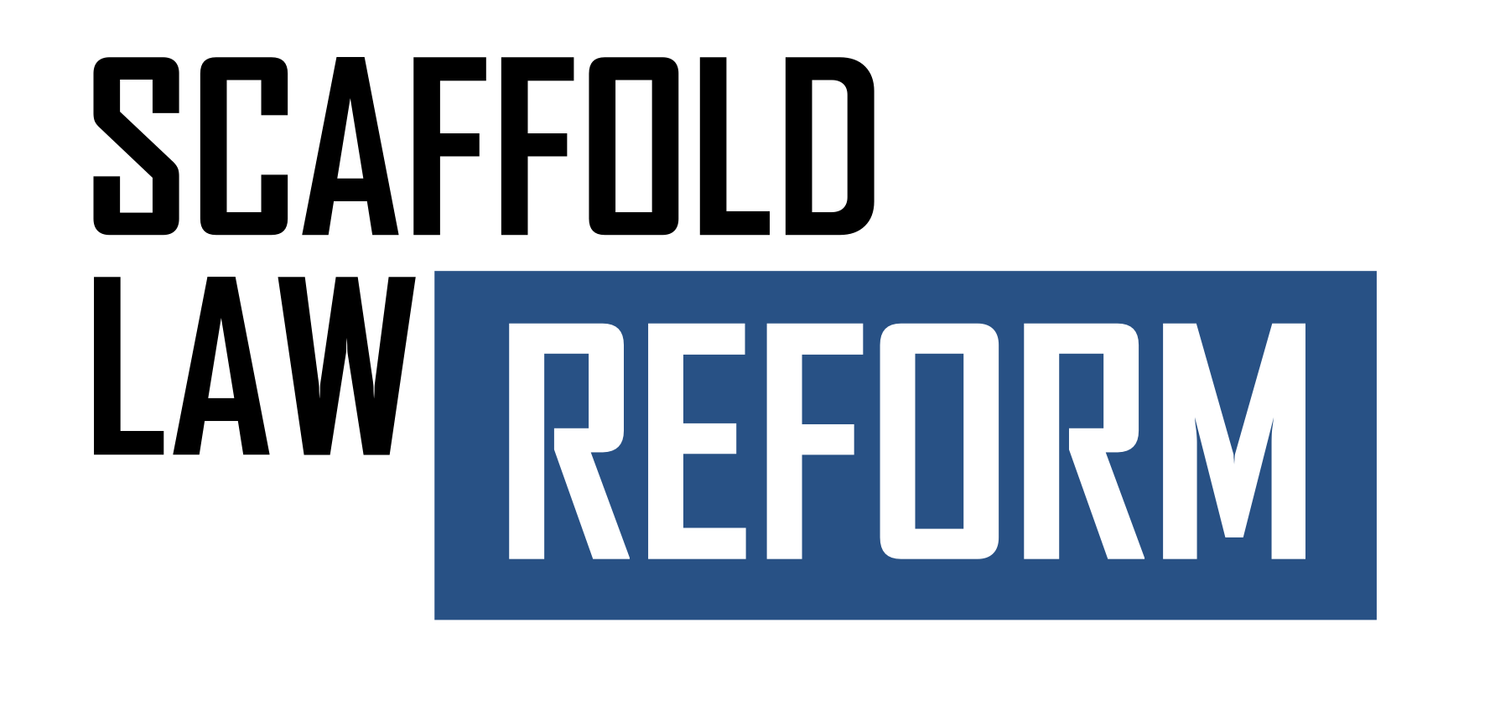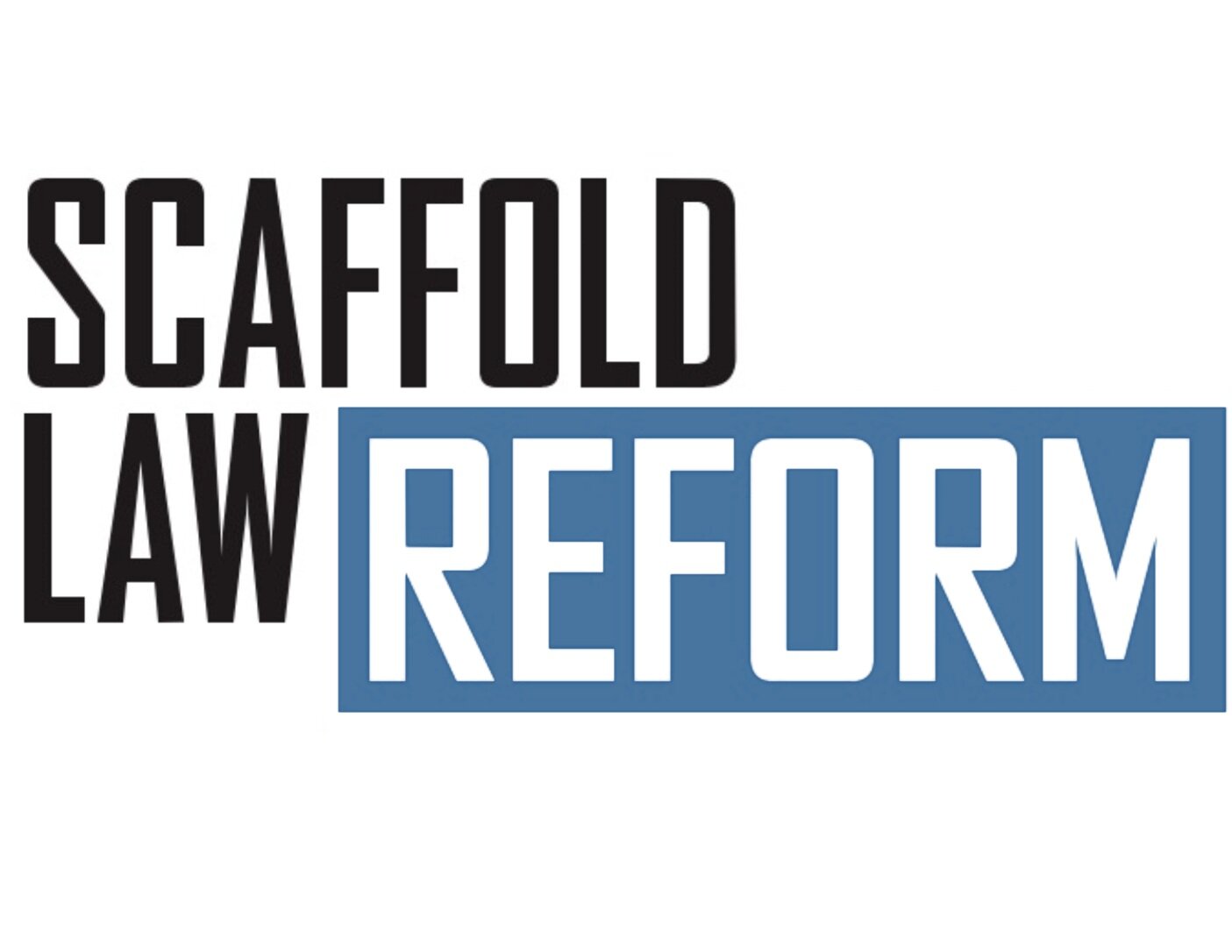Insurance Journal: Insurer, Contractors Allege Staged Injury Claims Scheme Under New York Scaffold Law
By: Insurance Journal Writers
A construction industry captive insurer along with three construction contractors have filed a lawsuit alleging a massive New York fraud scheme involving staged workplace accidents and bogus workers’ compensation and personal injury lawsuits backed by complicit lawyers and medical providers.
The lawsuit filed by reinsurer Ionian RE in federal district court claims that the scheme involved fake unwitnessed falls on construction sites representing hundreds of millions of dollars in workers’ compensation payments and liability insurance settlements.
The suit targets personal injury lawyers and law firms including Subin & Associates, LLC; Wingate, Russotti, Shapiro, Moses & Halperin, LLP; and William Schwitzer & Associates, P.C., along with their affiliated runners, and 12 of their clients who the suit alleges are connected through personal ties and family relationships.
The lawsuit claims the scheme was designed to take advantage of New York’s Labor Law 240 (1), known as the Scaffold Law. This law effectively holds construction companies and property owners in New York 100% financially liable if a worker falls from any height and is injured on their jobsite. The complaint also includes claims against the defendants under the Racketeer Influenced and Corrupt Organizations (RICO) Act.
Ionian RE is a Vermont reinsurance captive for the firm Andromeda and its affiliates that provide safety, risk management and other services to the construction industry.
Scheme
Since at least 2017 to the present, the suit claims, the law firms orchestrated the scheme by grooming and recruiting construction workers into staging fake construction accidents; participating in staging and perpetuating fake construction accidents themselves; preparing documentation as well as filing and prosecuting fraudulent workers’ compensation claims and personal injury lawsuits; providing or alleging to have provided medically unnecessary and excessive healthcare services to the construction workers; and/or using the fraudulent diagnoses and medically unnecessary and excessive healthcare services to inflate settlement value of claims.
The complaint describes 12 construction work accidents cases where workers allegedly accidentally fell from heights or down stairs and suffered injuries that were covered by insurers and contractors Skyline Restoration Inc., Urban D,.C. Inc., and DNA Contracting & Waterproofing.
According to the complaint, the unwitnessed staged accidents were carried out by the 12 individual defendants shortly after they went to work for one of the contractors. Many of the claimants were related by family or personal ties (the complaint includes a diagram indicating the alleged relationships).
For workers’ compensation claims, the law firms allegedly referred claimants to other lawyers who represented them before the New York State Workers’ Compensation Board and received payments based on the amount of settlement.
In connection with general liability, the defendant law firms filed are said to have brought suits against various parties involved with the construction projects including the owner, general contractor, construction manager and others.
For most of the claimants, both general liability lawsuits and workers’ compensation claims were initiated and proceeded in parallel to maximize profit for the schemers, the lawsuit says.
Also according to the complaint, the injury claims were inflated through “exaggerated medical procedures and false diagnoses” by medical providers who agreed to provide “fraudulent medical documentation needed for higher settlement values in exchange for the continuation of patients being funneled to their offices and additional monies obtained via predatory litigation funding.”
The complaint claims that one of the defendant law firms, Subin, filed motions to withdraw as counsel in hundreds of additional cases, including six of the 12 defendant cases, upon the conduct being exposed.
Damages
Ionian claims it has incurred expenses paid as reimbursement to primary insurers including Liberty Mutual for the lawsuits filed and prosecuted by the defendant law firms. Ionian maintains it has incurred general liability claim adjustment expenses progressively rising from $3,150,000 in 2018 to $18,400,000 in 2023 — a 484% increase over the three years after the COVID-19 pandemic during 2020, which led to a large decline for the construction industry in New York City.
Further, during the period of 2021, 2022 and 2023, Ionian asserts that its net outstanding liability under general liability increased 722% to $58,750,000.
Ionian further notes that the “drastically escalating cost of construction-related claims in general liability areas stands in marked contrast to the overall decreasing number of workplace injuries” over the same period.
The other plaintiffs — Skyline, Urban and DNA Contracting & Waterproofing— each have made deductible payments for the allegedly fraudulent claims and seen their insurance premiums increase due to the number of such fraudulent claims, the suit adds.
This lawsuit follows a prior RICO lawsuit filed by Ionian RE on October 8, 2024, which similarly targeted the law firm of Gorayeb & Associates, P.C. and several medical providers implicated in fraudulent practices. In another action filed in New York County Supreme Court in April, Ionian and its primary insurer Liberty Mutual sued a person who allegedly filed a false workers’ compensation claim, a suit they insurers won by default in September after the defendant failed to answer.
New York’s Scaffold Law has long been criticized by construction industry and insurers for adding to the cost of private and public construction projects. The law makes property owners and contractors liable for most “gravity-related” injuries to workers on construction sites. No other state has such a law.
Critics have in the past called for reform or repeal of the law and accused the plaintiffs’ bar of exploiting the strict liability interpretation of the law in filing claims against construction firms. Labor advocates say the law helps protect workers and they question the clams of higher costs.

